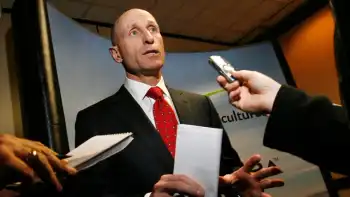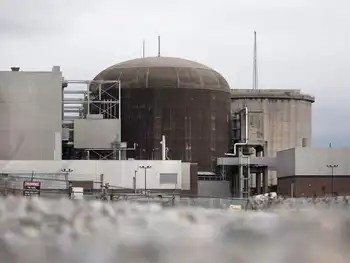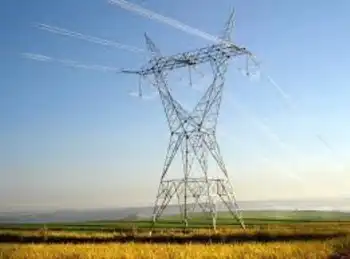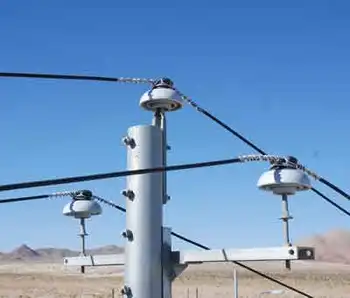Iran Must Come Clean on Atomic Plans - UN Nuke Chief
"People have to be a little bit patient, but Iran also has to understand that the world is not going to wait forever for them to come clean," International Atomic Energy Agencychief Mohamed ElBaradei told a foreign relations committee of French parliament.
Western diplomats who follow the IAEA have said the number of questions about Tehran's nuclear program was increasing.
"There is suspicion that things are not completely right," a European Union diplomat in Brussels told Reuters.
Iran says its nuclear program is intended solely for the peaceful generation of electricity.
But the United States says it is a front for building an atomic bomb and has called for the IAEA Board of Governors to report Iran to the U.N. Security Council for violating the Non-Proliferation Treaty (NPT). Such a move could result in sanctions.
France has joined forces with Germany and Britain in an initiative intended to avoid U.S.-style confrontations while encouraging Tehran to scrap its uranium enrichment program in exchange for a promise of peaceful nuclear technology.
Iran agreed to suspend its enrichment operations, which could be used to purify uranium for bombs, but says it will eventually restart the program.
In October, Iran gave the IAEA what it said was a full declaration of its atomic operations. But it omitted a number of research projects that could relate to a weapons program, such as advanced ``P2'' centrifuges that can make arms-grade uranium.
"I'm pretty confident there will be more revelations down the line," another diplomat said.
ElBaradei has called the P2 revelation a "setback" in Iran's cooperation with the agency, but used softer language in describing Iran's cooperation to French parliamentarians.
"There are still some hiccups in the cooperation, but overall I think we are moving in the right direction," he said.
A MONTH AWAY FROM THE BOMB
The IAEA has been investigating Iran's atomic program ever since a group of Iranian exiles broke the news in August 2002 that Tehran was hiding a massive uranium enrichment plant and a heavy-water plant. Iran later declared these to the IAEA.
ElBaradei has been calling for a change in NPT rules to prevent countries like Iran from developing the know-how to produce weapons-useable plutonium or highly enriched uranium.
"A country which has plutonium or highly enriched uranium is probably one month away in terms of capability of developing a nuclear weapon, should they decide to do that," ElBaradei said.
A French foreign ministry spokesman said ElBaradei would meet Foreign Minister Michel Barnier to discuss proliferation.
Iran, Libya and North Korea all shopped on a recently- uncovered black market run by the father of Pakistan's nuclear bomb, Abdul Qadeer Khan, that skirted sanctions to supply sensitive atomic technology to interested buyers.
"We are running against the clock because we know that there's a lot of interest in nuclear and radioactive sources by extremist groups," ElBaradei said.
Diplomats and nuclear experts told Reuters that some members of the administration of President Bush believe they have strong evidence Syria has operating enrichment centrifuges, which it would have gotten from Khan's network.
Related News
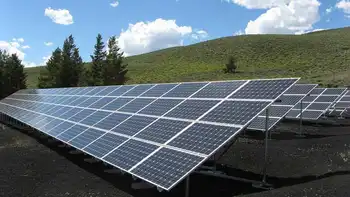
Is Ontario embracing clean power?
TORONTO - After cancelling hundreds of renewable power projects four years ago, the Doug Ford government appears set to expand clean energy to meet a looming electricity shortfall.
Recent announcements from Ontario Energy Minister Todd Smith and the province’s electric grid management agency suggest the province plans to expand low-CO2 electricity in the long-term, even as it ramps up gas-fired power over the next five years.
The moves are in response to an impending electricity shortfall as climate-conscious drivers switch to electric vehicles, farmers replace field crops with greenhouses and companies like ArcelorMittal Dofasco in Hamilton switch from CO2-heavy manufacturing to electricity-based…


